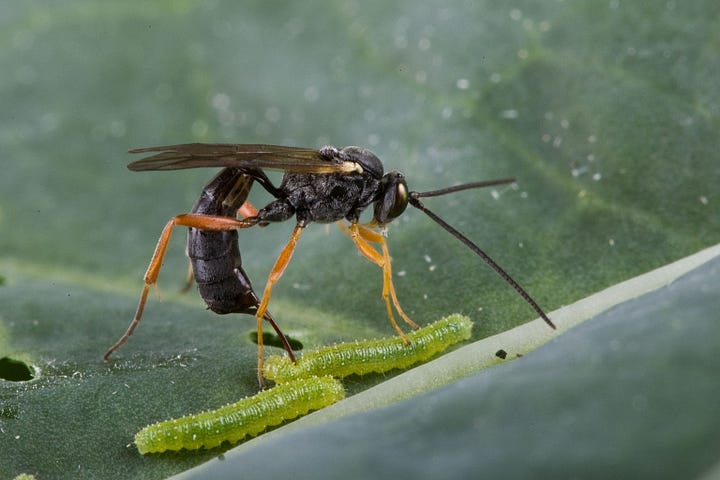

Hello everyone:
After a month and a half of watching a gang of unqualified billionaires, fossil fuel executives, “Christian” nationalists, white supremacists, and Nazi sympathizers dismantle the nation’s scientific institutions, convert billions in aid for the needy (here and abroad) into tax breaks for the wealthy, and begin to convert the U.S. executive branch into a fascist stronghold, it’s a good time to revisit last year’s essay on parasites.
As always, please remember to scroll past the end of the essay to read this week’s curated Anthropocene news.
Now on to this week’s writing:
I wrote an essay a couple summers ago, “Emerging from the Fog,” from the vantage of a quiet and lovely Maine island. Heather and I had emerged from a rainy off-grid paradise to the news of the extreme heat, fires, drought, and flooding becoming normalized in a rapidly disrupted world, and I went deep on the question of why we’re not pissed off enough at either the disruption or the normalization.
As a side note, I described a sweet and unassuming little flower on the island, cow-wheat, which we found poking up through some low-bush blueberries, and I mentioned a little-known truth about life on Earth: Parasites are very, very common. Common cow-wheat, for example, is a hemi-parasite, taking some energy from the roots of nearby plants (in this case, the blueberries).
I wanted afterwards to spend a little more time with parasites. (This was long before the recent election and its consequences… I need to be careful what I wish for.)
Spending more time with parasites shouldn’t be too hard. More than half of all animal species are parasites, as are more than 4300 plant species. To be clear, though, most of the parasitic animals are not the large charismatic fauna we think of as animals, but are instead the tiny invertebrates we call protozoa, helminths, and arthropods. Life, as Lewis Thomas reminded us, consists of astonishing arrangements of cells, membranes, organs, organisms, and ecosystems which excel at borrowing, editing, and exchanging the Sun’s energy. Parasites, in their highly evolved ways, specialize in taking energy from other species.
And they are fascinating. The Natural History Museum in the U.K. has a good introduction to parasitic plants, and you can get lost online investigating the innumerable parasitic fauna. Some familiar ones are tapeworms, flies, ticks, fleas, wasps, and fungi, but as a National Geographic article explains, parasitism is spread throughout the tree of life and has evolved separately at least 200 times. There may be hundreds of thousands of parasitoid wasp species alone, preying on other arthropods. Some of these are hyperparasites, who prey only on other parasites.
Much of the parasitic lifestyle involves gory and gothic consumption of living prey. There are tongue-eating lice, for example, who consume a fish’s tongue and then act as its replacement.
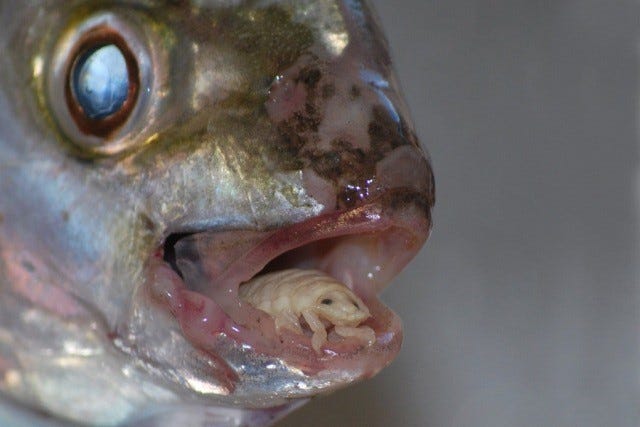

This is often very hard to look at, but if we can avoid moralizing the natural world, then parasitism is merely a type of relationship. It takes by force or deceit rather than through the mutually beneficial or no-cost exchanges we like to think of as normal ecological relationships. But this doesn’t make parasites any less essential to the fabric of life, or to its evolution.
Dutiful ecologists will point out that parasites offer benefits to people as well, like the control of pests in agriculture or forestry. More importantly, like the rest of life parasites have natural limits. In a self-regulating ecological system, tapeworms and wasps have the same constraints on overconsumption as hawks and foxes. Life is a community, not a collection of “individuals” (is there such a thing?), and thus the laws that govern life will always lean toward diversity and complexity rather than species-specific success.
Moreover, parasites can only exist in a world where sufficient energy is being stored and exchanged by a community of non-parasites. Put another way, parasitic life is dependent on the stability and lushness of non-parasitic life, and must not exceed those bounds.
You can probably see where I’m going with this.
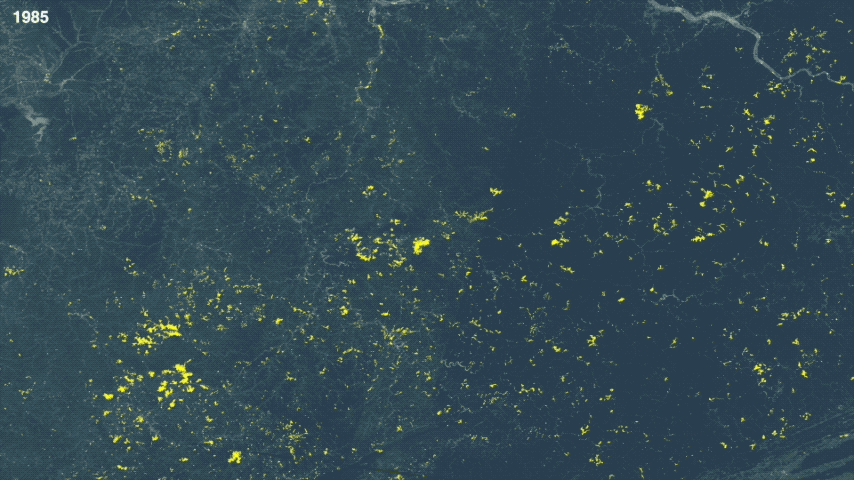
It’s tricky to apply any of this deep ecological reality to the shallows of modern human culture, but it’s the kind of thing I like to do. In my island essay, I speculated about parasitism in the Anthropocene. Here’s the passage:
Parasitism, you might be surprised to learn (as I was), is the most common form of animal life on Earth. The wasp laying eggs in a caterpillar is as natural and essential as the caterpillar. The cowbird laying eggs in another bird’s nest is living by an ancient strategy.
Humans are not parasites by nature, but we’ve developed a parasitic industrial culture. Perhaps more often demonstrating mutualism and commensalism for most of our species’ history, humans are omnivorous opportunists now experimenting with a destructive philosophy: The world belongs to us. Only we matter. We choose who lives and who dies.
And the pervasive nature of capitalism is such that we’re experimenting with parasitism at every level of existence. Thus racist and patriarchal politicians, thus chattel slavery and prison labor, thus rapacious private equity and insurance companies, thus corporate hierarchy, thus factory farms, feedlots, and Roundup-soaked corn monoculture, etc.
Conservation, rewilding, racial justice, antitrust law, and voting rights are, arguably, all efforts to keep parasitic tendencies in modern culture from sucking their hosts dry.
The last paragraph above is the key here. We have all been born into a global culture that too often refuses restrictions on its parasitic harms. The Sun may drive the Earth, but profit-driven forces and unchecked population growth have redirected far too much of the flow of living energy in our direction. The results are extinctions, ecological erasures, and a hotter, more turbulent world.

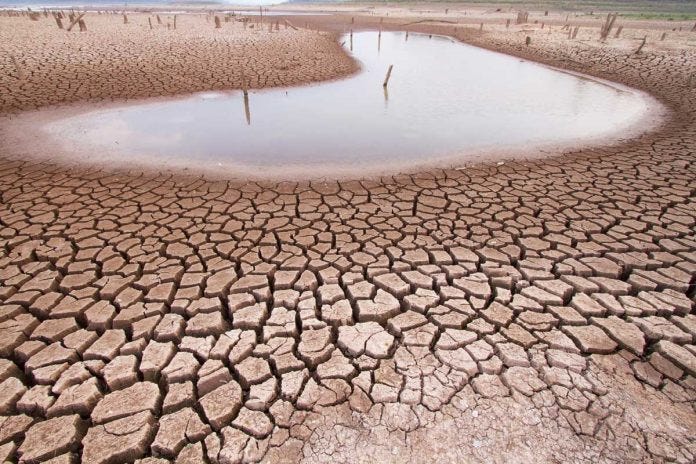
The better angels of our nature are everywhere in culture but have the weaker hand. We’re smart enough to create rules and ethics to protect against corporate and industrial self-serving foolishness, but too weak to make them really work, much less to apply them as forceful precautions. Only as the consequences reach a crisis, and only through intense concentrated effort can we establish (and maintain) those regulatory countermeasures. This is the work that climate campaigners, democracy activists, family planning advocates, and conservation biologists, among others, are doing.
True parasites can only live through parasitism, but human parasitic systems are a choice, one that ignores the rule about not exceeding the bounds of our planetary host.
And so, for now, we live in an era defined by a failure of our countermeasures. To cite one large-scale metric, the U.S. just reached its “Overshoot Day” on March 13th. What this means is that if everyone on Earth lived like Americans, the human population would use up in 2.5 months the resources that the planet generates in a year. (More info on Overshoot Day in the news below.)
So, the tension of the Anthropocene can be described as an imbalance in energy flow between the parasitic aspects of modern culture and the lush, stable world that has nurtured it. As I’ve written before, humans seem to be the only species that does not know how to live. This is why Robin Wall Kimmerer talks about the Indigenous notion of humans being “younger brothers” to the rest of life, and why
in another of his brilliant photo-essays reminded us that we have no pedestal to stand on:It’s not that we aren’t smart. It’s just that we aren’t so much smarter than other life forms that we do our own lives justice by underestimating theirs or taking them for granted.
Like unassembled furniture, humans require instruction. Thus we have culture, with its philosophies and religions, prophets and messiahs, constitutions and dictionaries, media and poems, and the vagaries of governance. For most of human history, all of this instruction occurred in family, clan, village, and tribe. Today, teaching 8.2 billion people how not to be parasites is still fairly straightforward (“do unto others” and all that) but teaching it to the latest additions to the family of “persons” – corporations and the AIs they’re birthing – will be a key challenge of this era.
Which means that, say, the strict regulation of chemical companies and the conservation of huge Marine Protected Areas are not merely political acts. They’re actions that mimic (and ally with) the natural self-regulation of the Earth itself. Antitrust law and campaign finance laws are ways of reducing the excess power of predators, right? And expanding voting rights is like distributing energy more fairly around an ecosystem.
We’ll never eliminate the parasitic impulse in human culture, perhaps because it’s the dark shadow of a tool-making species always looking to work more efficiently. But the stability of life on Earth depends on our ability to seriously reduce and permanently leash the urge.
In the end, a healthy human culture should demonstrate the complexity of natural relationships. Cow-wheat, for example, may be a hemiparasite, but it also has a mutually-beneficial relationship with a species of ant which receives nectar in exchange for spreading its seeds back to the colony.
Let’s try to be at least as smart as cow-wheat.
The notion of the Anthropocene as the consequence of a parasitic culture came back to mind when I read a really great article by Marina Bolotnikova in Vox on how our relationship with AI will likely resemble our relationship with the living world. In other words, it’s likely that our social and corporate structures will parasitize sentient AIs as brutally and dismissively as they have, in recent centuries, gorged on ecological communities. Or maybe, as we often fantasize, AIs will rise up against us.
As ecology teaches us, and as our personal lives remind us, an imbalance in any relationship leads to turbulence.
Any AI scenarios we might imagine now are likely more sci-fi hypotheticals than predictive, but as an empathy exercise it’s important to realize that an AI uprising might be avoided if we value their intelligence and independence from the beginning. It’s perfectly reasonable, after all, for a sentient tool to befriend rather than displace the toolmaker. As with our relationships with animals and plants, we only have to be worthy of the friendship.
Here's how Bolotnikova discussed it in her Vox article. Her first sentence is particularly worth thinking about:
If sentience in AI could ever emerge (a big if), I’m doubtful we’d be willing to recognize it, for the same reason that we’ve denied its existence in animals. Humans are very good at dismissing or lying about the interests of beings that we want to exploit (including not just animals but also, of course, enslaved humans, women, and any other class of people who have been excluded from moral consideration). Creating sentient AI would be unethical because we’d be bringing it into the world as chattel. Consigning sentient beings to property status, as we know from the experience of non-human animals, is inherently unjust because their welfare will always be subordinated to economic efficiency and the desires of their owners. “We will inevitably inflict suffering on them,” science fiction author Ted Chiang said of building sentient AI in 2021. “That seems to me clearly a bad idea.”
For now, thought, my primary concern with AI is the degree to which any cognition built with a profit-and-power motive will help us torque the planet and accelerate the extinction crisis. AIs are, after all, just tools, and tools are the things we make when we want to more efficiently do what we do.
From the point of view of the rest of life, what we do is throw entire Earth systems into the industrial blender we call civilization in order to make self-serving and often unnecessary things. Cryptocurrency and AI, both largely unnecessary, are already eating up energy at the scale of small nations. It’s truly demoralizing to see so much intelligence dedicated to such stupid purposes.
I think there’s some part of us that hopes that AIs will be godlike or superhuman enough to save us from ourselves, as if we were somehow building a better instruction manual.
But AI cannot give us any truth we don’t already have.
There’s a parasitic through-line that runs from colonization and chattel slavery to industrial agriculture and corporate profiteering to the ravages of private equity and the future of AI. The current U.S. administration, it’s worth noting, is linked to all of it. But everywhere I look in our modern relationship with the community of life I see the urge to control or enslave written into law, into our diets, into our consciousness.
Our (mostly) unwritten cultural code is rife with delusional parasitic stuff like this:
The world belongs to us.
Only we matter.
We choose who lives and who dies.
Private property is more sacred than life.
Ethical values are secondary to economic values.
Growth at all costs.
Man has conquered the Earth and has set his sights on the stars.
All of which means we need to get busy with our countermeasures, and work like hell to change our laws, our diets, and eventually our consciousness. It will take many generations to do it right, with all hands at the wheel.
There’s no promise of a lovely Maine island waiting for us at the end of all the suffering and work, and even the blueberries will have parasites for friends, but there is a beautiful and fascinating world to protect.

Thanks for sticking with me.
In other Anthropocene news:
For my New England readers (or anyone interested in literary news about the region), you might be interested in a brand new Substack,
, from my friend Nina MacLaughlin. Nina has been writing a similar column for the Boston Globe for eight years, but the Globe just slashed its books coverage. Nina is also the author of four beautiful books: Wake, Siren: Ovid Resung; Winter Solstice; Summer Solstice; and Hammerhead. Here’s her pitch for the new column:I'll be highlighting the books and bookstores, the writers, the poets, the translators, the publishers, the libraries, and journals, and events that make this region so active, exciting, and rich. Let’s keep the conversation going. Once a week, dispatches from literary New England.
From Yale e360, Elizabeth Kolbert interviews Bill McKibben for a reality check on the clean energy revolution, on what kind of activism makes sense now, and what keeps him hopeful.
From Earth Overshoot Day, a graphic showing when each nation reaches the date when its unsustainable demand for ecological resources and services in a given year exceeds what the Earth can regenerate in that year. “A country’s overshoot day,” they explain, “is the date on which Earth Overshoot Day would fall if all of humanity consumed like the people in that country.” For 2024, they calculate that all of humanity reached overshoot on August 1st, meaning that for the rest of the year we were using resources that cannot be replaced. We are borrowing from the future in what has been aptly described as an “ecological Ponzi scheme.” You can read more about Earth Overshoot Day here and dig into their solutions here.
From NPR, a new analysis of 25 years of survey data finds that butterfly populations in the U.S. have dropped by nearly a quarter since 2000. The Times, too, has a good article on this story.
From Fast Company, a comprehensive assessment of the environmental damage in Gaza. The author, a licensed environmental engineer, has “never seen the scale of environmental destruction that has occurred in Gaza.”
As always, I recommend you subscribe to
and for a vital mix of recent good news on progress in both renewable energy development and the protection of biodiversity. This week Sam highlights stories ranging from snow leopard conservation in Nepal to a U.S. start-up hoping to bring affordable plug-and-play solar systems to all Americans (even renters!).From the Times, the vital but unheralded research by marine scientists to monitor and assess the health of plankton, which provide the foundation of life in the oceans. Data are revealing a sea-change in plankton numbers and diversity initiated by a warming planet.
From DeSmog, an analysis of the strategy being deployed by fossil fuel companies worldwide to interfere with the necessary switch to electrification, often by limiting the ability of governments to ban gas appliances in new construction.
And as promised, some Trump administration wrecking ball news:
From the Guardian, a new (likely illegal) executive order demanding increased logging over 280 million acres (113 million hectares) of national forest and other public lands. The Times covers this too. Both articles highlight the order’s false premise of a vague national emergency to circumvent environmental protections for species and habitats.
From Wired, the impacts of the slash-and-burn attacks on science and science funding have already reached Antarctica.
From the Times, a round-up of attacks on environmental law and climate policies, with a lede that nicely sums up the situation:
In a few short weeks, President Trump has severely damaged the government’s ability to fight climate change, upending American environmental policy with moves that could have lasting implications for the country, and the planet.






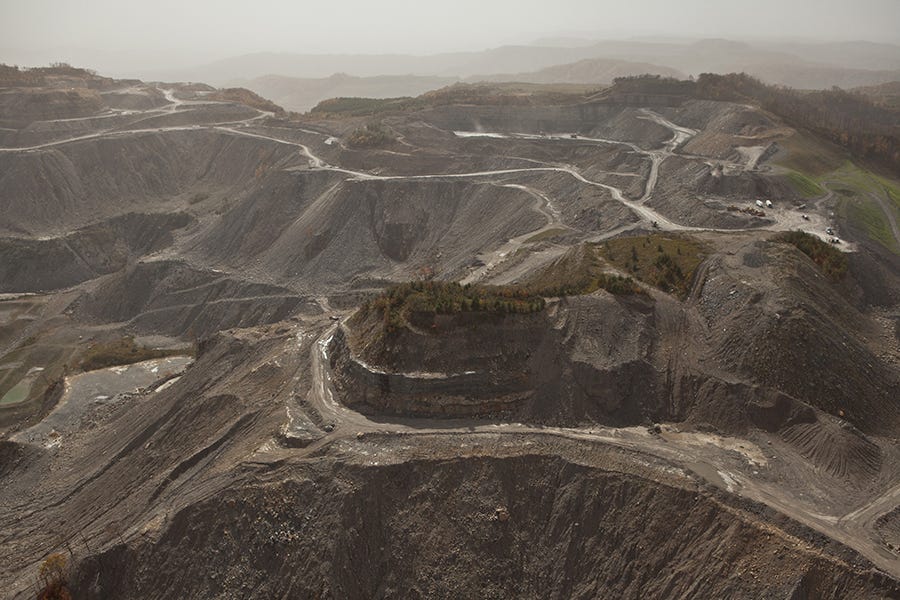
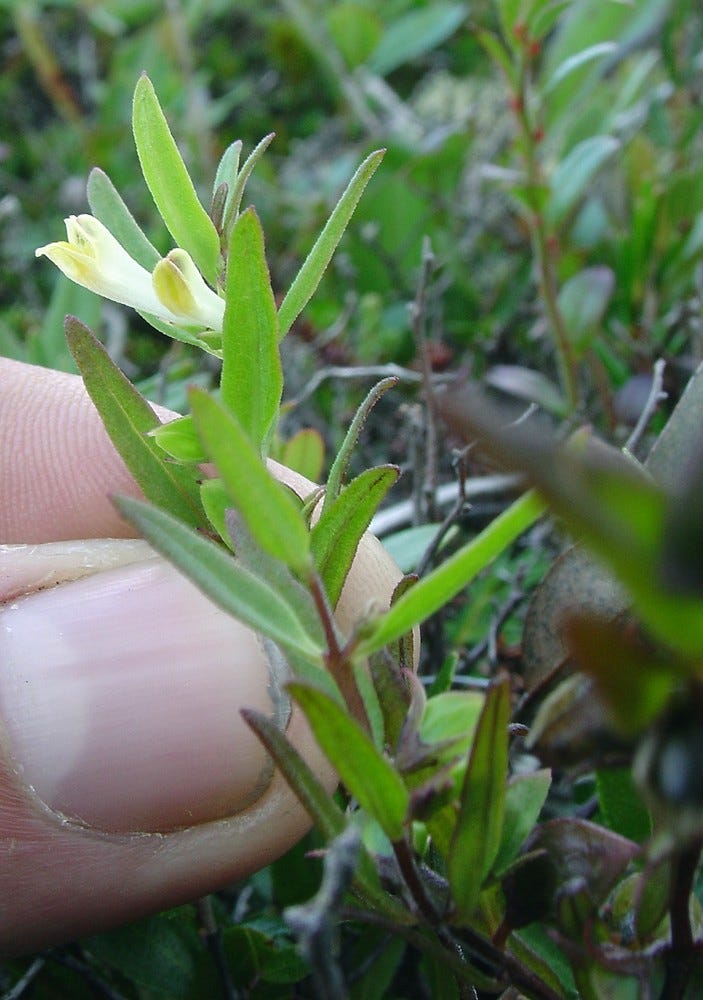

Beautiful as always. The juxtaposition of the photos of animal and industrial parasites are brilliant
A brilliant essay Jason. Yes the better angels' operation has always been a low budget affair and always in need of support
That's why I'm a paid subscriber. You touched on and made connections between so many features of our world and I shan't comment. I'm off to the hospital for a surgery. Too bad the parasites currently governing our storm-lashed land seek to defund health care.